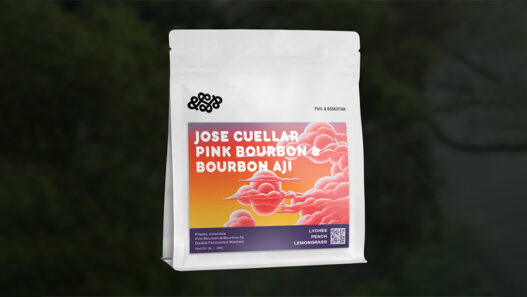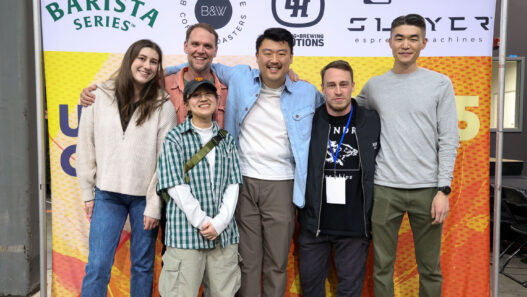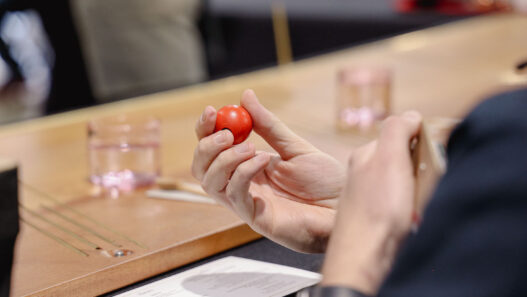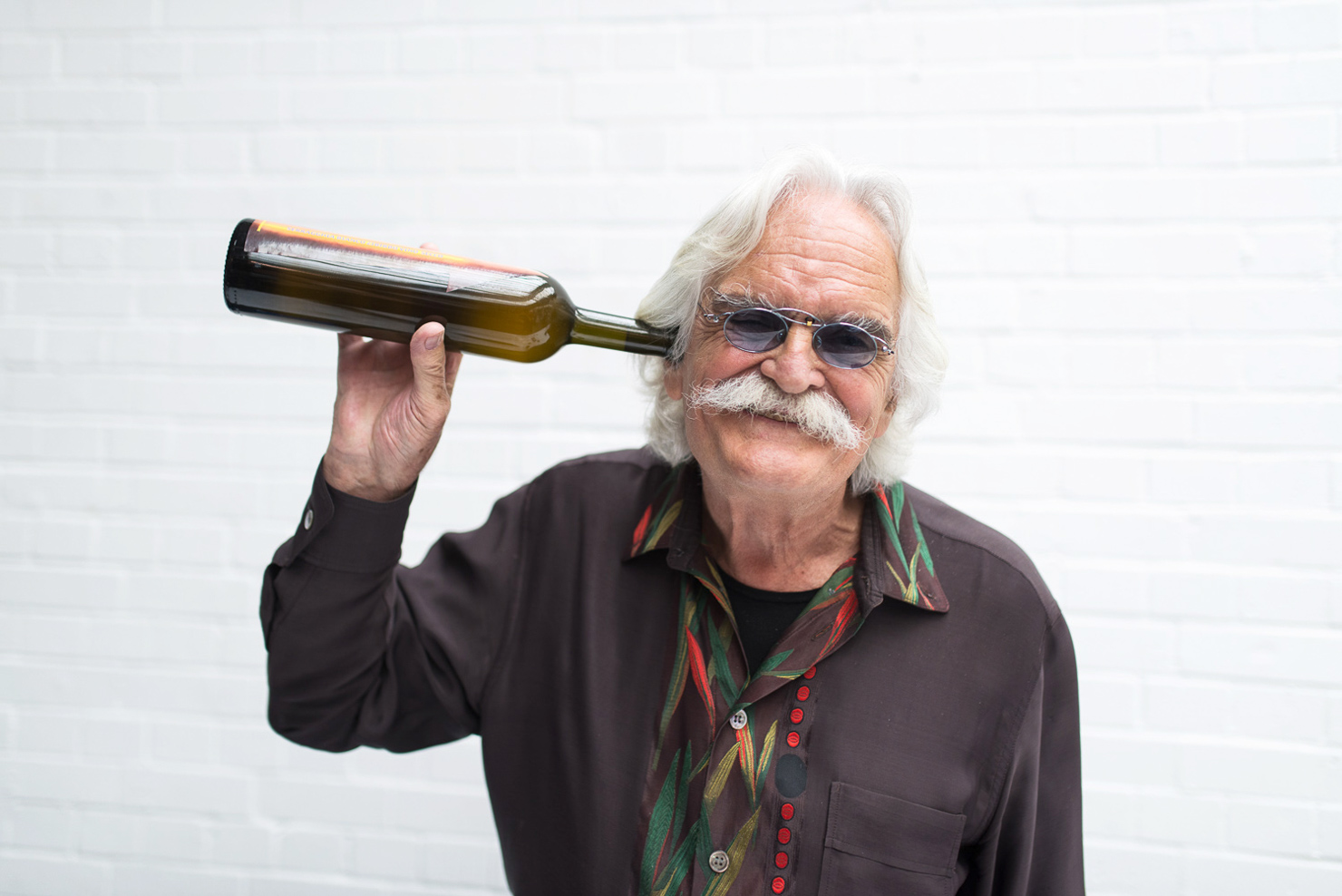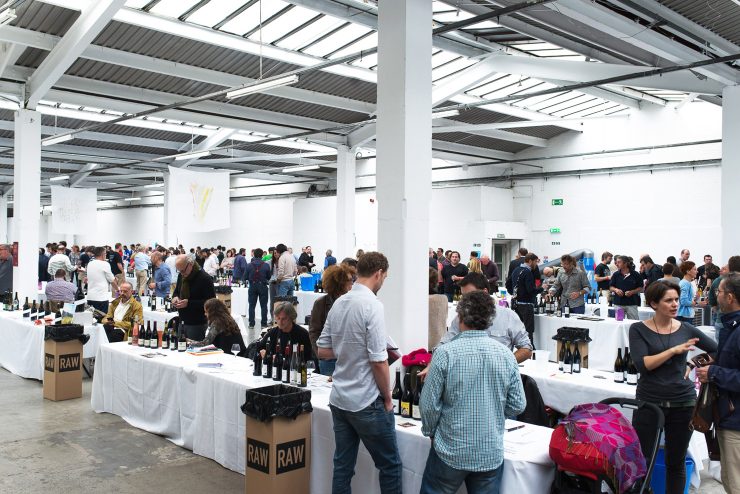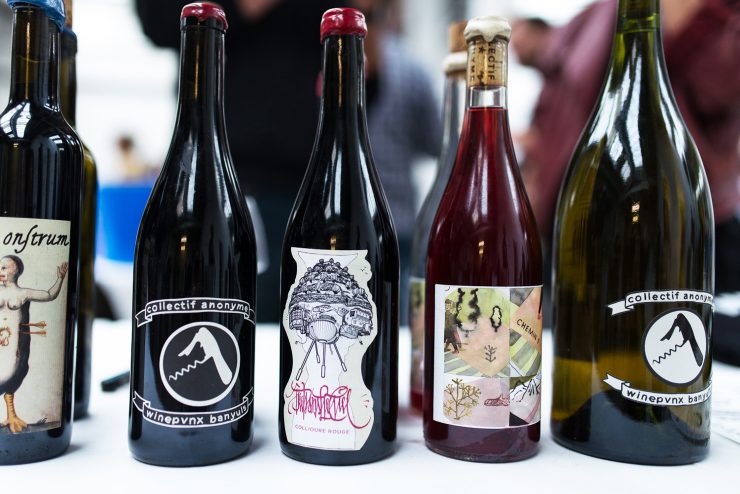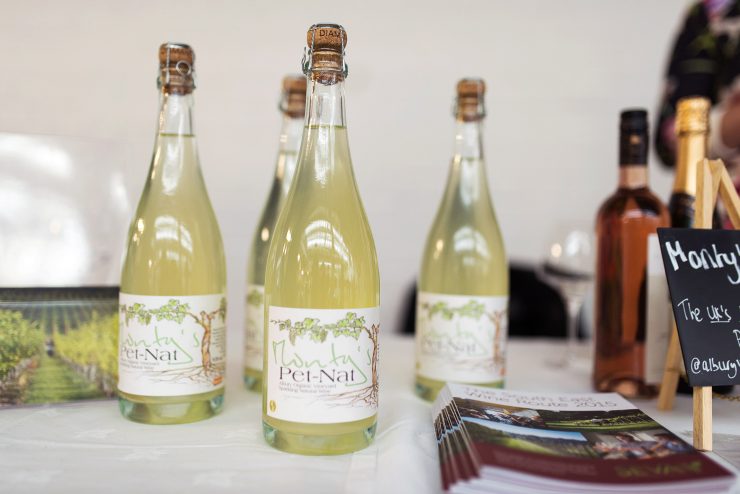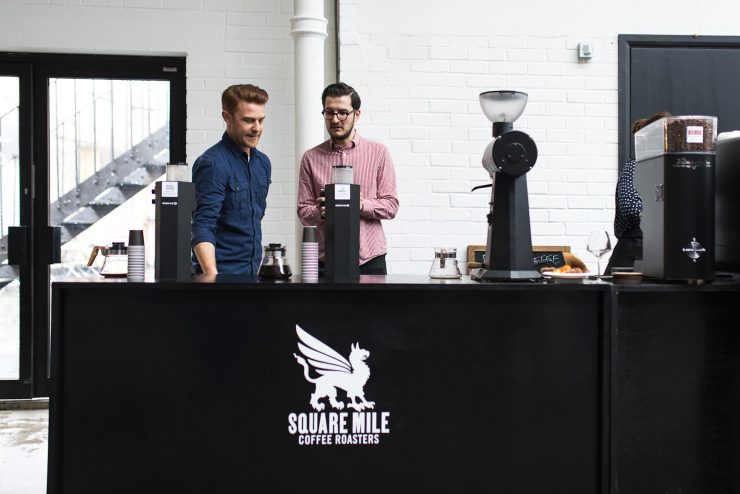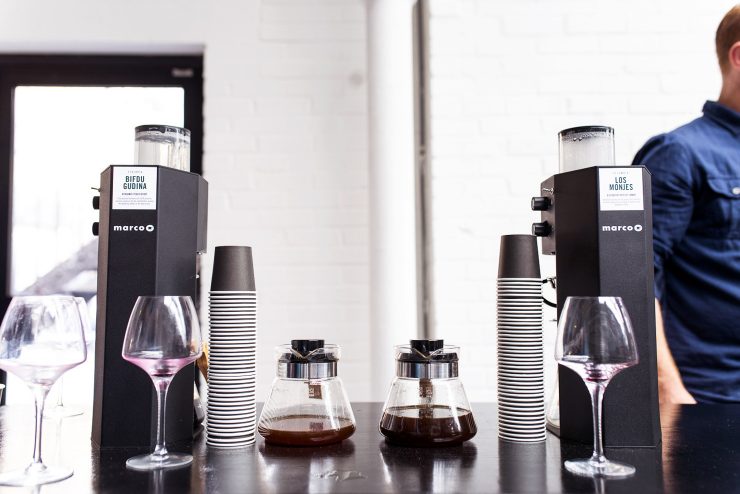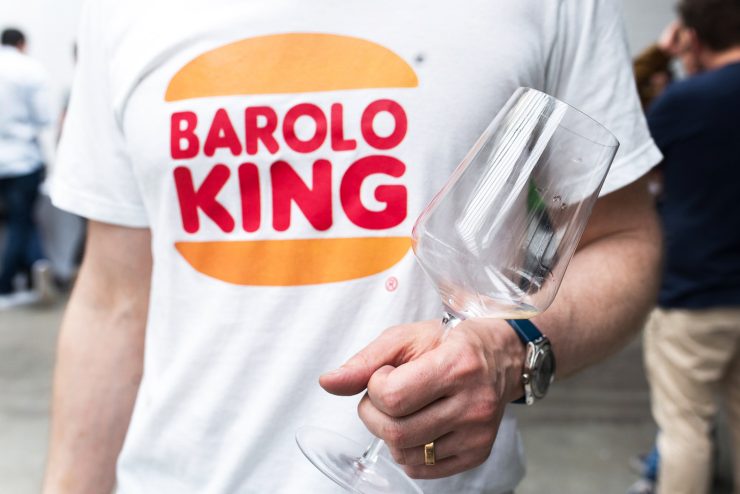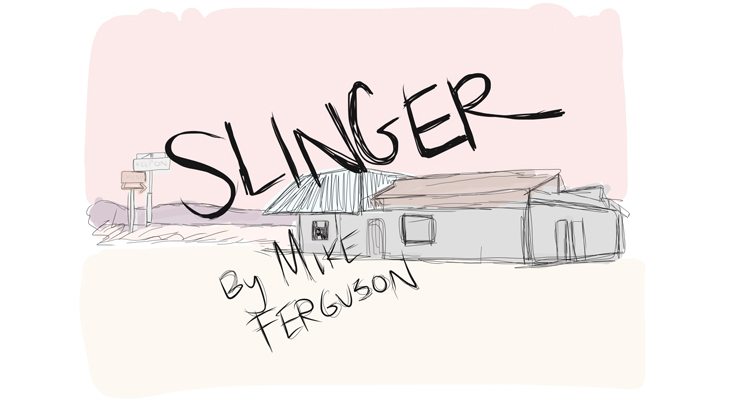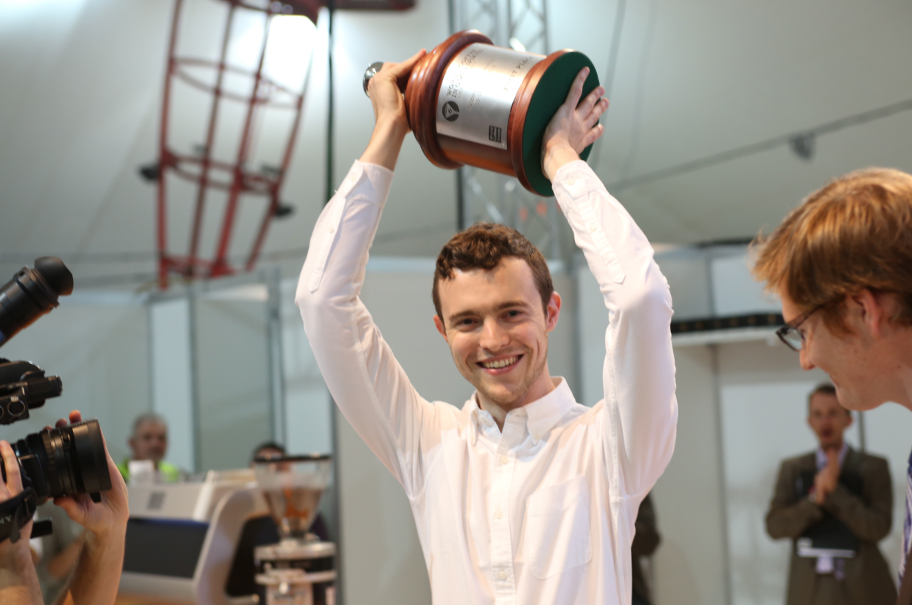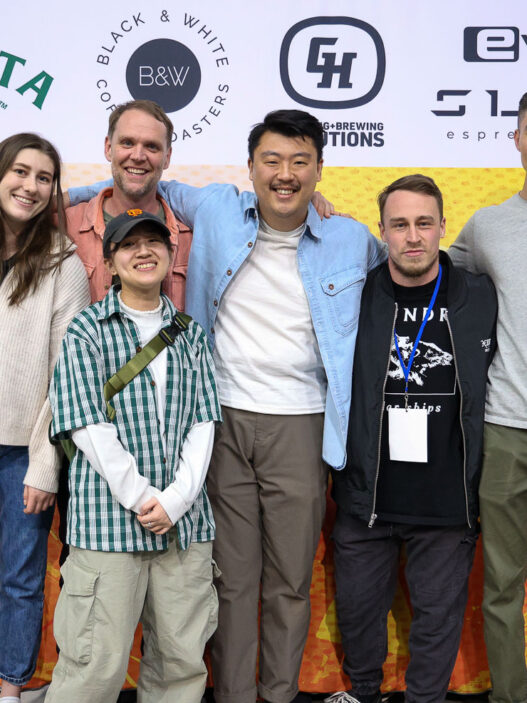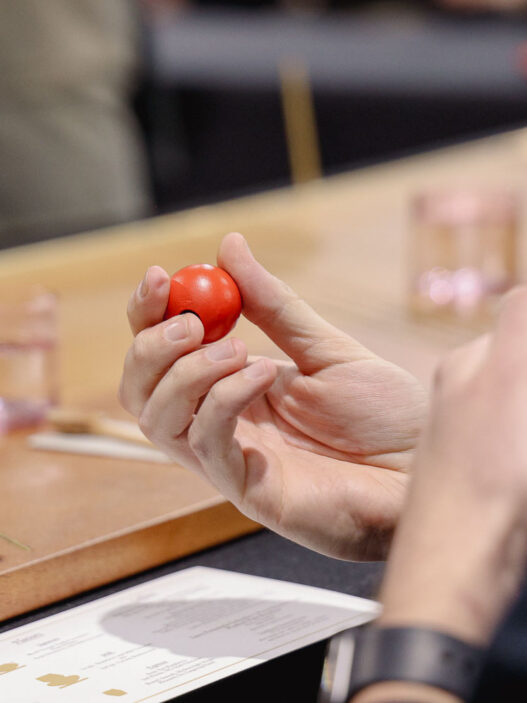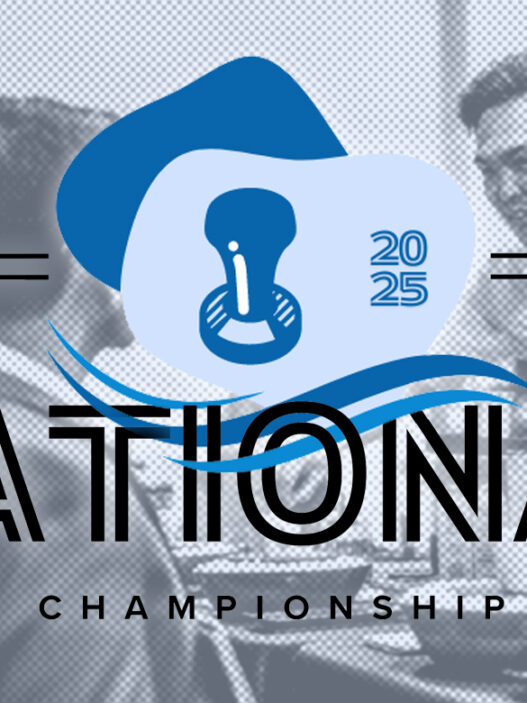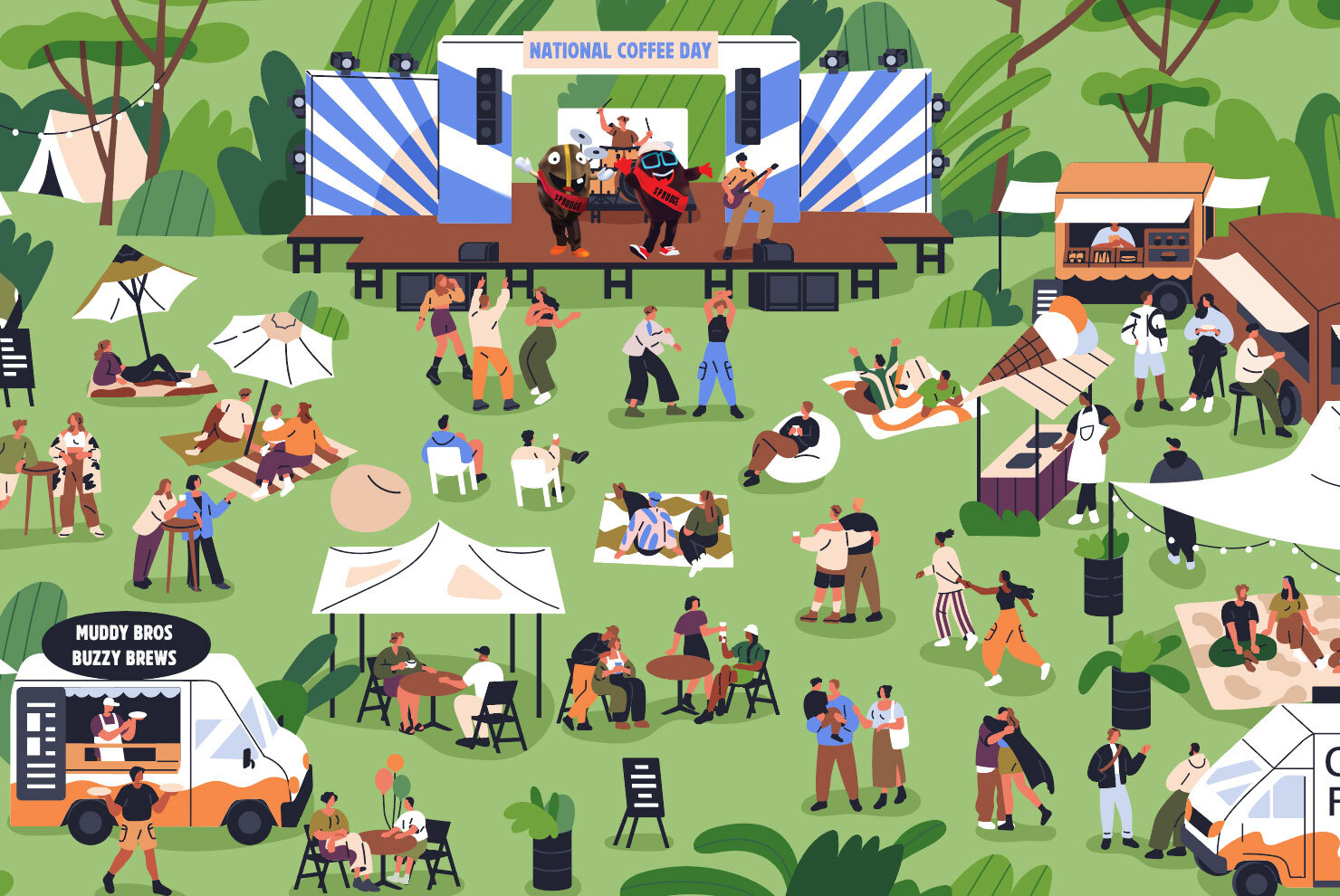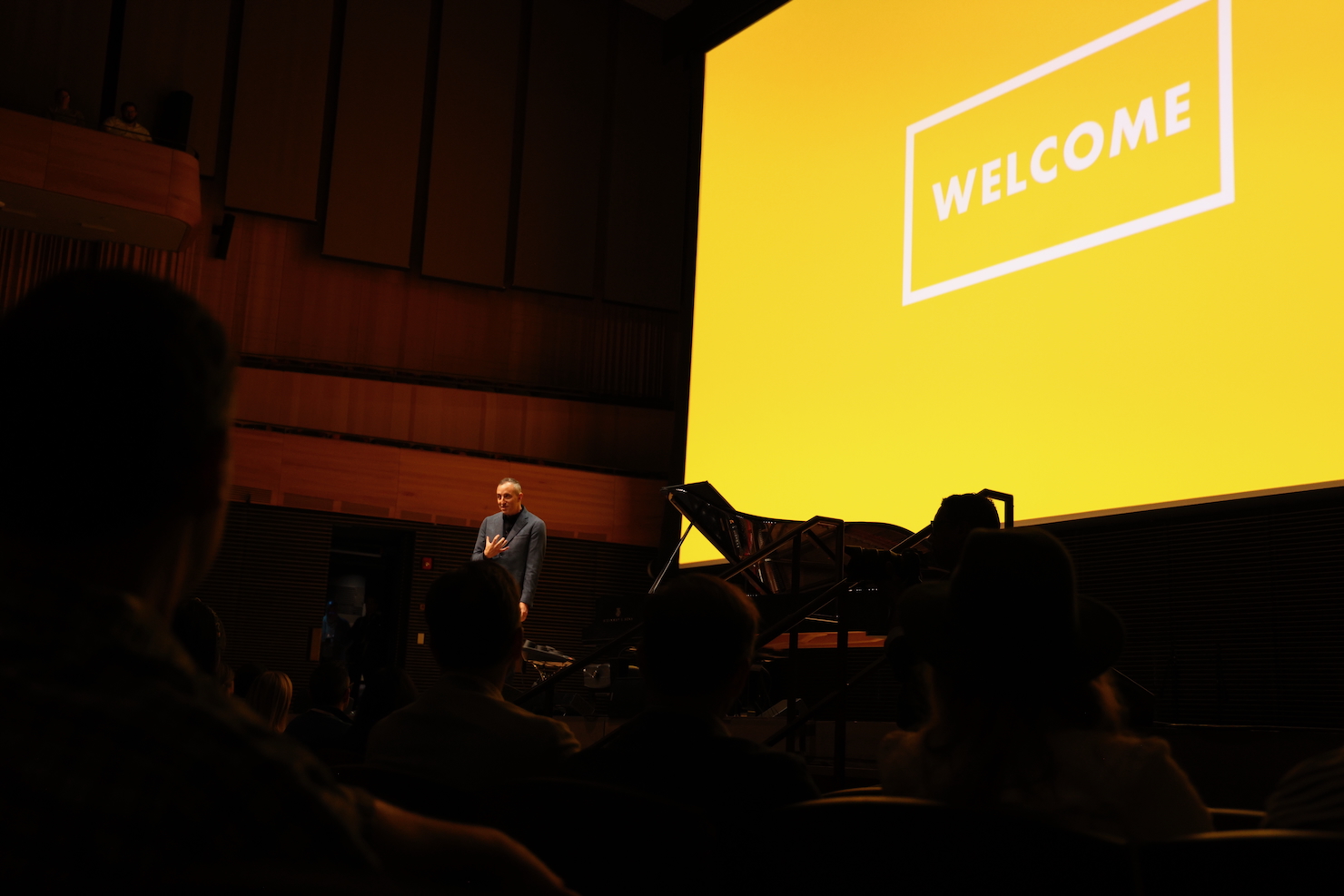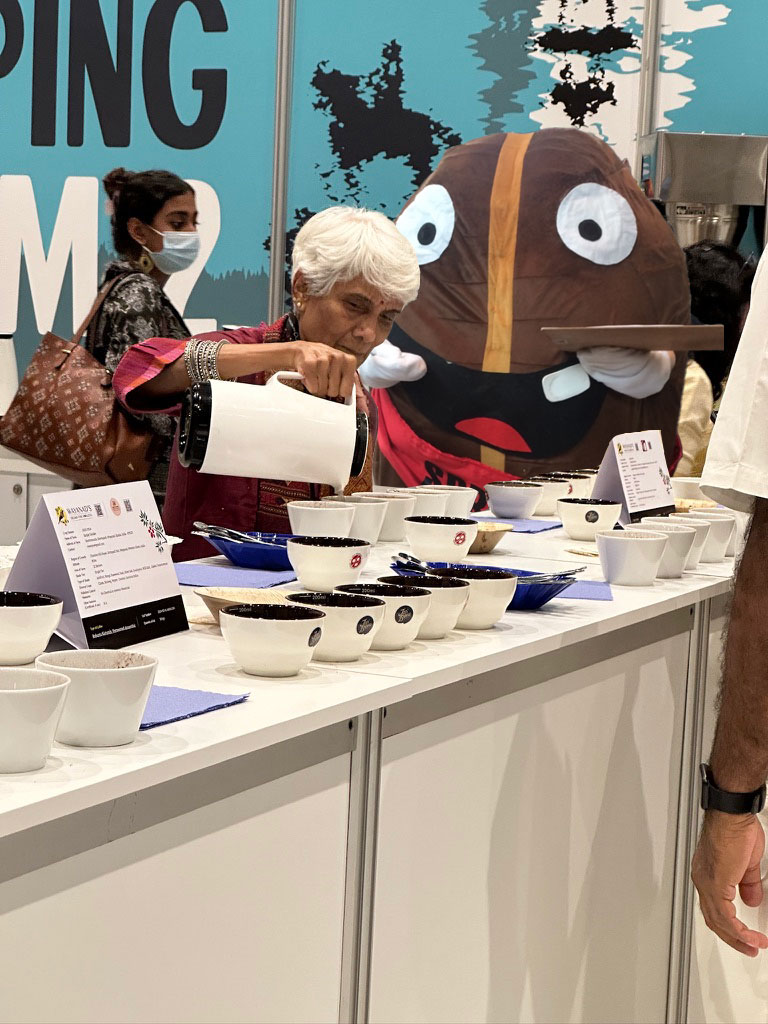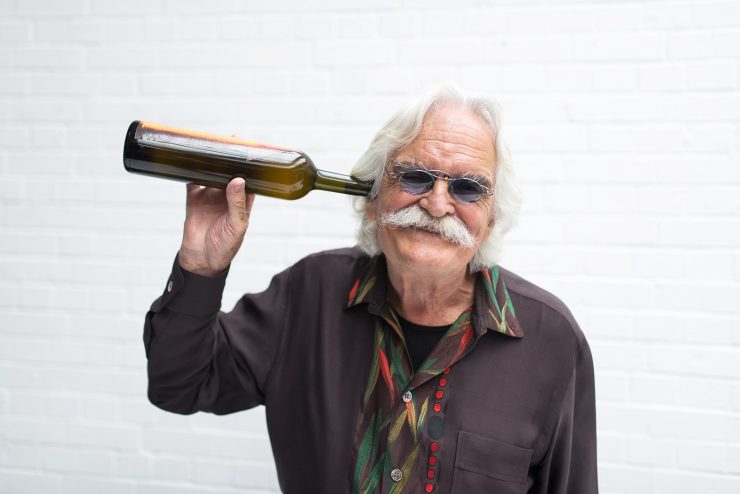
A few weeks after the London Coffee Festival, a team from Square Mile Coffee Roasters was back at work in the same building, the Truman Brewery in East London, serving espresso and filter coffee to a very different crowd. This time the occasion was London’s RAW Wine Fair and Square Mile was there making coffee, surrounded by wine makers from all over the world.
How does specialty coffee fit in the world of organic, biodynamic, and otherwise “raw” wines? Sprudge sent me to RAW to find out.
RAW is an independent two-day wine fair featuring some of the best natural, organic, and biodynamic wines produced in the past years. More than 150 winemakers and growers came together in London for the opportunity to showcase their fine wines to a diverse crowd of people—and not just from within the wine industry. The interest towards natural wines, in fact, has grown hugely in the past decade as proved by the recurring success of RAW (the event debuted in London in 2012).
These winemakers and wine lovers can thank a French woman for creating this event: that would be Isabelle Legeron, a noted wine consultant and France’s first woman “Master of Wine”, who created RAW to promote small, artisan wine producers.
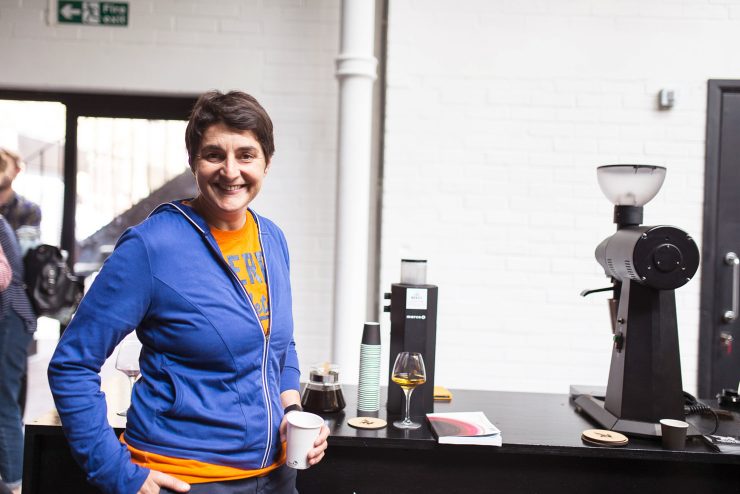
What are natural wines? Definitions vary—like coffee terms such as “direct trade”, there is no one agreed upon definition. But this we do know: natural winemaking prizes an organic (and sometimes holistic) approach to grape growing, coupled with non-intervention vinification processes. Truly natural, “raw” wines are made from grapes that are hand-harvested and grown without the influence of pesticides or irrigation networks. Taken as a movement, natural wine represents a departure from the industrialized, heavily manufactured wines that are sold by big brands and are stocked on supermarket shelves.
A natural approach means going back to simplicity and to the basics of winemaking; in this way, natural wine is a return to winemaking practices that were common hundreds of years ago. Not all natural wine is certified organic—again, like in coffee, formal certification schemes are not the last word in whether a farmer is truly using organic practices. And not all organic grapes are turned into natural wine; many organic, and even biodynamic vineyards yield fruit whose destiny includes additives like sulphur and heavy wood finishes. But between these two ideas—organic grapes, non-intervention winemaking practices—you’ll find the magic that draws natural wine lovers to this growing movement. It’s a return to techniques that were used before science and technology allowed makers to have full control over their wine production.
The RAW event series has some strict definitions on the wines it allows to exhibit. Wines have to be made without additives (except for low levels of sulfites, below 70 milligrams per liter). Winemakers are required to supply all the information about their wines, so that the levels of sulfites, as well as any other information about processing, are listed in the fair’s booklet. In this way, RAW is about transparency.
More than 200 stands were set up at the venue and I had the pleasure to meet and talk to many wine producers, not only from European countries with long winemaking (and natural wine focused) traditions such as Italy and France, but also from faraway places like Australia, New Zealand, Argentina, and the United States. What the new world lacks in eons of wine production history, it makes up for with a zeal for these rare, sometimes delightfully weird wines, and there are exemplary natural winemakers to be found in places like California, Oregon, South Australia and Marlborough.
I tasted a couple of stunning wines at the RAW fair, like the Monty’s Pet Nat from Albury Organic Vineyard in Surrey, England. It is a dry sparkling wine with a ripe pear, zesty and citrus nose; this “green” wine is harvested at the end of October each year, and it bears notes of fresh lemons and mandarin. Or the Serragghia Bianco Zibibbo dry white wine made by Mr. Gabrio Bini. The wine is left to macerate on the skins for seven months, then stored for 30 days in amphoras on the island of Pantelleria. It bears a stunning perfume and intense flavors with flower and fruit notes: jasmine and wisteria, grapefruit, and almond above all. The quirky, mustachioed Bini explained how he doesn’t need to taste his wine, but simply listens to it. This is the core philosophy behind natural wines: to add as little human intervention as possible and allow the grapes to develop and follow their own natural course.
Other wines I tasted at the fair were more difficult for me to appreciate; some were so sour, they made me turn up my nose. Natural wines are not always easy to drink—these wines have strong characters. They are unprocessed and unpredictable, wild and untamed. The wines retain their innate individuality and unique characteristics. To appreciate the qualities of these wines, we must approach the tasting with an open mind, in the same way you would approach a cupping session. Whether it is vine grapes or coffee seeds, the focus on “terroir” and on the origin are key elements to the development and taste of the juice. This is where the similarities begin and the worlds of specialty coffee and natural wines get together.
Specialty coffee is exhibiting a growing interest towards raw wines, something we’re keen to document more of on Sprudge. I had the chance to meet and chat with Legeron during my visit to RAW and asked her thoughts about the relationship and similarities between the natural wine and coffee worlds. “We are all talking the same language,” says Legeron, explaining how factors of terroir and origin in coffee are something that wine makers have been considering in their field for a long time.
Speaking to Oliver Bradshaw from Square Mile, he confirmed my suspicions that customers at the fair were mostly ordering espresso-based drinks. The latest edition of Square Mile’s Redbrick espresso was in the hopper, a seasonal blend of 40% Guji (Ethiopia), 20% La Serrania (Colombia), and 40% Sertão (Brazil). The blend combines the great fruit qualities from each component and allowed the sweetness to come through, so it was an easier taste for the crowd to enjoy.
Similar to the wine tastings taking place throughout the event, Square Mile invited visitors to approach their brew bar and taste two single-origin coffees side by side: Colombia Los Monjes and Ethiopia Bifdu Gudina. These were brewed with the same method to highlight the difference in flavor and aroma that comes from a country’s terroir, the varieties being farmed, the processing of the green undertaken at source, and the roasting process.
I watched as many of the event’s wine-loving attendees—not all of them, mind you, but many—approached the Square Mile stand, unafraid to try something different and curious to know more about coffee tasting. Winemakers are starting to show an interest towards the specialty coffee world, as well. It is all about having an open-minded approach towards an unusual drink, which is the same thing that these winemakers ask from their customers.
These two worlds, wine and coffee, have a great deal they can learn from each other, and speak a common language of flavor and experience. Maybe it isn’t really two worlds after all.
Giulia Mule is a Sprudge.com contributor based in London. Read more Giulia Mule on Sprudge.






